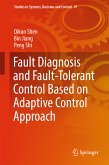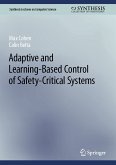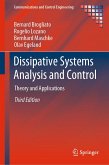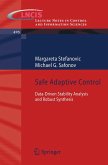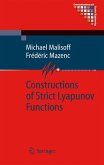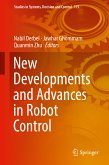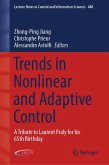In mechatronics, there is often only rough knowledge of the system. Due to parameter uncertainties, nonlinearities and unknown disturbances, model-based control strategies can reach their performance or stability limits without iterative controller design and performance evaluation, or system identification and parameter estimation. The non-identifier-based adaptive control presented is an alternative that neither identifies the system nor estimates its parameters but ensures stability. The adaptive controllers are easy to implement, compensate for disturbances and are inherently robust to parameter uncertainties and nonlinearities. For controller implementation only structural system knowledge (like relative degree, input-to-state stable zero dynamics and known sign of the high-frequency gain) is required. Moreover, the presented controllers guarantee reference tracking with prescribed asymptotic or transient accuracy, i.e. the tracking error eventually tends to or for all time evolves within an a priori specified region.
The book presents the theory, modeling and application in a general but detailed and self-contained manner, making it easy to read and understand, particularly for newcomers to the topics covered
Dieser Download kann aus rechtlichen Gründen nur mit Rechnungsadresse in A, B, BG, CY, CZ, D, DK, EW, E, FIN, F, GR, HR, H, IRL, I, LT, L, LR, M, NL, PL, P, R, S, SLO, SK ausgeliefert werden.



